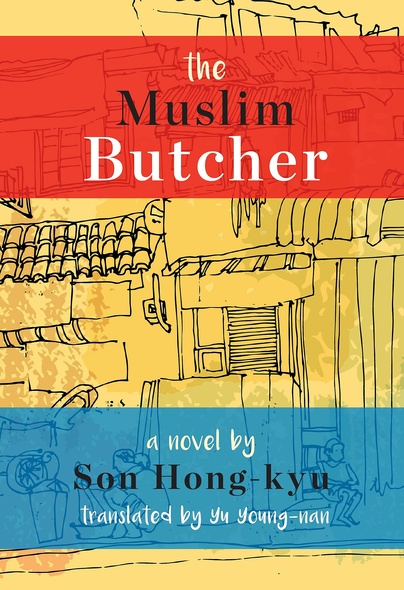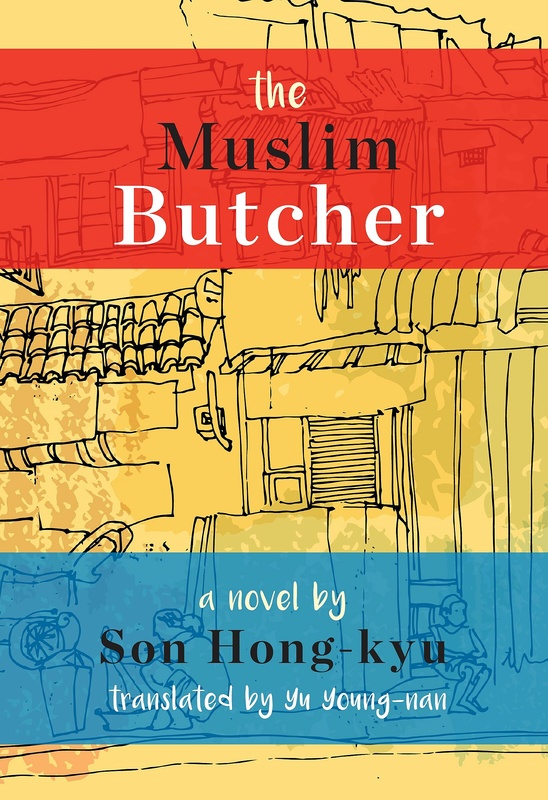
Several decades after the Korean War, the unnamed narrator, an orphan in his early teens, is taken in by an aged Turk, a veteran of the Korean War. Uncle Hassan makes a living as a butcher in a Seoul slum. The narrator is a precocious, troubled boy, who wonders who his parents are, why they abandoned him, what life is all about. In this neighborhood, the narrator befriends a number of people, all poor and downtrodden—Dickensian characters including a caring aunt, a Greek veteran who is a compulsive liar, a sensitive stammering boy, a talkative smart aleck, a war veteran who lost his memory during the war, and a drunken locksmith. As the narrator gets to know them, he finds his path, realizing what human community is all about and what love means.
Although the narrator recounts the story in his adulthood, he employs the child’s point of view as he humorously grapples with the hypocrisy of grown-ups, racism, prejudices against the poor and different religions, and most of all, the meaning of fighting another nation’s war and its aftermath. He also ponders linguistic riches and limitations through Yujong, a stammering boy who claims to understand animal language and aspires to grow up to be a novelist. The novel begins with “my adoptive father’s blood flows in my body” and ends with an echo, “my adoptive father’s blood is still flowing in my body.” In between, the narrator, lost and hurt, is healed by the flawed but sympathetic characters. At one point, he makes up his mind “to adopt the world.”





